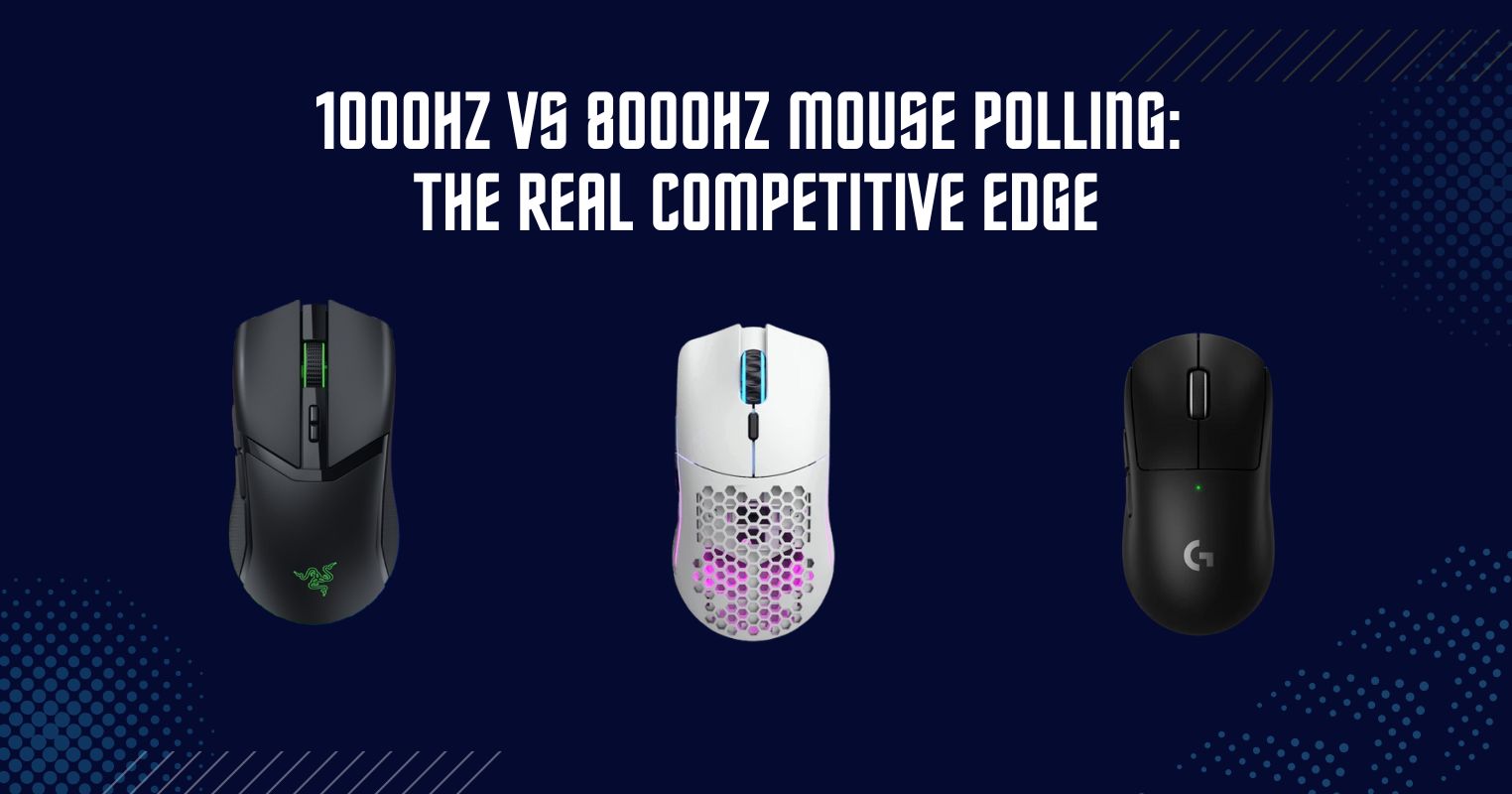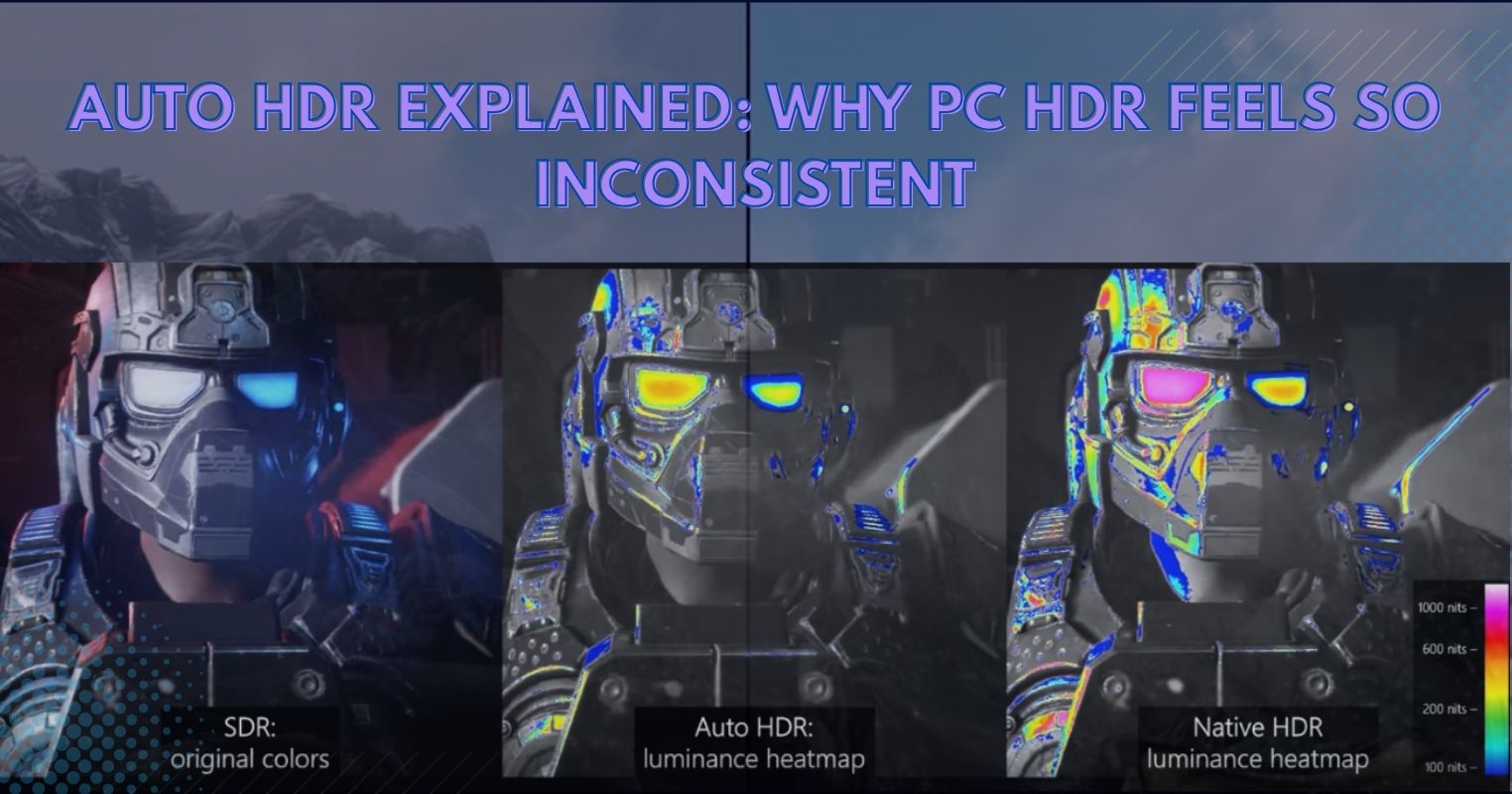The gaming industry has witnessed unprecedented growth and innovation over the years, with technological advancements continuously shaping the gaming experience. Over the past couple of years, one of the most transformative influences in the world of technology has been the integration of Artificial Intelligence (AI). Now, AI is even revolutionizing the way games are designed, played, and experienced, and it is only just the beginning.
Evolution of AI in Gaming
The relationship between AI and gaming has deep historical roots. From the early days of simplistic rule-based systems to the modern era of machine learning, AI in gaming has evolved significantly. Milestones such as the development of chess-playing programs and the integration of neural networks have paved the way for more sophisticated applications. The continuous refinement of algorithms and the advent of deep learning have marked a turning point, allowing AI to comprehend and adapt to complex gaming environments.
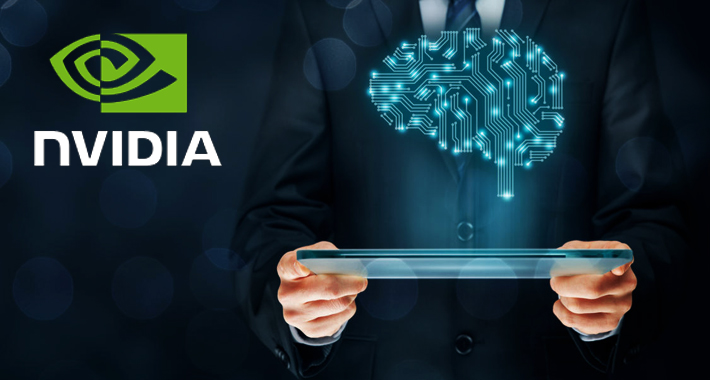
Applications of AI in Gaming
The current and possible applications of AI in the gaming sphere are virtually endless. Many of these applications stem from AI’s ability to interpret large amounts of data, recognize patterns, and improve upon existing mechanics using that data.
AI-generated Game Content
Entire game worlds created by AI algorithms:
AI can be involved in the creation of entire game worlds. Through procedural content generation and AI algorithms, developers can automate the design of landscapes, structures, and environments. This not only expedites the game development process but also results in expansive, dynamic worlds that offer diverse and unpredictable experiences for players to explore.
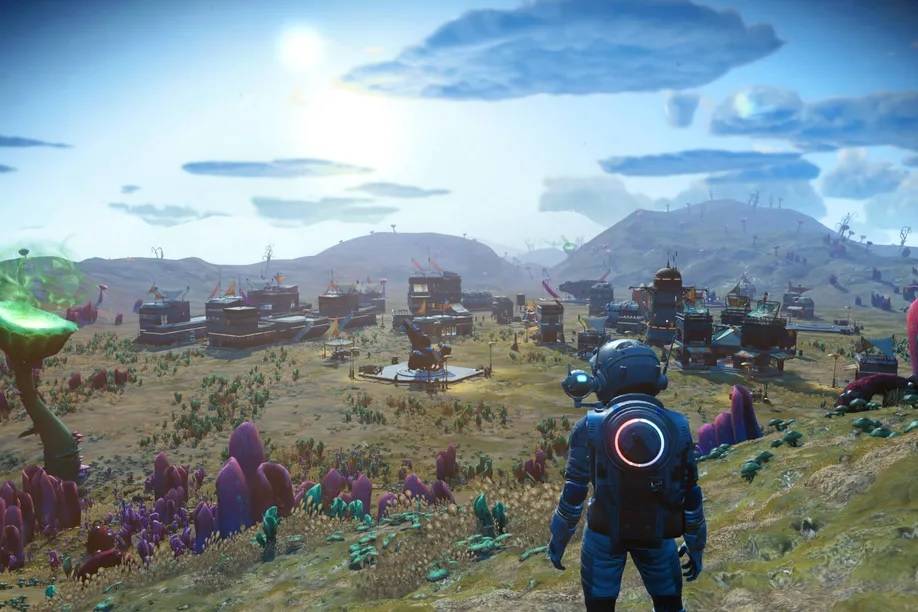
AI-generated quests, characters, and items
AI-driven content generation can also extend to quests, characters, and in-game items. By analyzing player behavior, preferences, and progression, AI can dynamically generate quests that align with a player’s playstyle. Similarly, AI can create unique and diverse characters and items tailored to individual player profiles, adding a layer of personalization and unpredictability to the gaming experience.
Dynamic Storytelling
AI-generated narratives based on player choices
AI’s role in gaming narratives is evolving beyond pre-scripted storylines. With the integration of advanced natural language processing and machine learning, games can now dynamically generate narratives based on player choices. This means that each decision made by a player influences the direction and outcome of the story, providing a personalized and immersive storytelling experience. In the future, players can expect a level of narrative responsiveness that adapts to their decisions, making each playthrough unique.

Adaptive story arcs influenced by player behavior
AI can enable games to go beyond static story arcs. By analyzing player behavior, preferences, and choices, the system may dynamically adjust the storyline in real time. This adaptive storytelling ensures that the narrative remains engaging and tailored to the player’s actions. Whether through branching storylines or evolving character relationships, AI-driven adaptive story arcs can contribute to a more responsive and emotionally resonant gaming experience.
Enhanced Graphics and Realism
AI-powered graphics rendering
AI is already transforming the visual landscape of gaming with the use of Deep Learning Super Sampling and AMD FidelityFX Super Resolution. Through techniques like deep learning and neural networks, it may be possible for AI to generate hyper-realistic visuals with intricate details, lifelike textures, and realistic lighting effects. This will not only elevate the overall visual appeal of games but also contribute to a more immersive and captivating gaming experience, blurring the line between virtual and reality.
Deep learning for realistic character animations
Realistic character animations are crucial for creating believable and engaging gaming experiences. AI, particularly deep learning algorithms, can be employed to generate lifelike character movements. This involves the system learning from vast datasets of human motions, resulting in animations that are fluid, natural, and responsive to in-game stimuli. As a result, characters will move and interact in ways that mimic real-world physics and behaviors.
AI implementations in gaming hardware
With the continuous rise and maturity of AI and machine learning, we are now starting to see the integration of AI into gaming hardware products as well. In CES 2024, MSI launched their brand new MEG 321URX QD-OLED gaming monitor, which comes with AI integration. This monitor scans the available game data and information displayed on the screen to visually aid the player by marking the positions of enemies in League of Legends. This is just the start, however, as AI will continue to have a deeper role in gaming moving forward.
Intelligent Game Testing
Automated playtesting for game balance
AI is revolutionizing playtesting by automating the assessment of game balance. Through machine learning algorithms, AI can analyze player interactions, strategies, and outcomes to identify potential imbalances. Game developers can utilize this information to refine gameplay mechanics, ensuring that the difficulty levels, character abilities, and in-game economies are finely tuned to provide a fair and enjoyable experience for players.
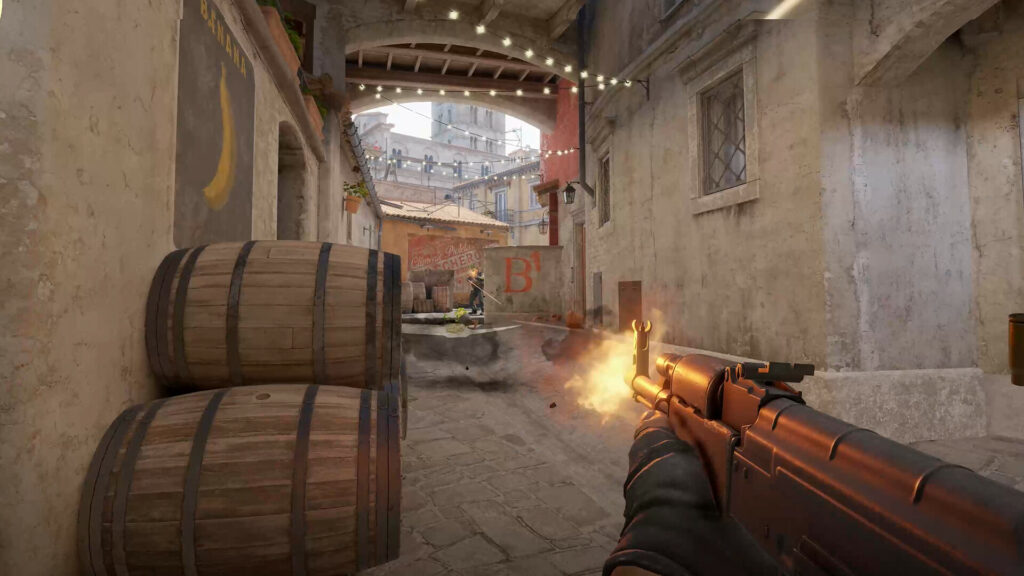
AI-driven quality assurance and bug detection
Traditional game testing methods can be time-consuming and may not catch all potential issues. AI-driven quality assurance involves the use of machine learning algorithms to identify and predict potential bugs or glitches. This not only accelerates the testing process but also improves the overall quality of games by addressing issues before they reach the player, enhancing the gaming experience, and minimizing post-release updates.
Virtual Reality (VR) and Augmented Reality (AR) Experiences
AI-driven immersion in virtual worlds
Virtual Reality (VR) gaming can become more immersive with the assistance of AI. AI algorithms can adapt in real-time to player actions, enhancing the realism of virtual environments. This may include dynamically adjusting the behavior of in-game elements, NPCs, and environmental conditions based on the player’s interactions, creating a more immersive and responsive VR experience.

Personalized AR overlays based on player preferences
Augmented Reality (AR) experiences in gaming are already evolving with AI-driven personalization. AI analyzes player preferences, playstyles, and historical data to overlay personalized information on the real-world environment through AR. This could include customized HUDs, context-specific information, or even adapting in-game challenges based on the player’s surroundings, providing a unique and tailored AR gaming experience.
Challenges and Limitations
While the potential of AI in gaming is vast, there are challenges to overcome. Technical hurdles, such as the computational demands of advanced AI algorithms, must be addressed. Moreover, maintaining a balance between AI capabilities and preserving human control is essential to prevent unintended consequences or ethical dilemmas. Navigating these challenges will be pivotal in realizing the full potential of AI in gaming.
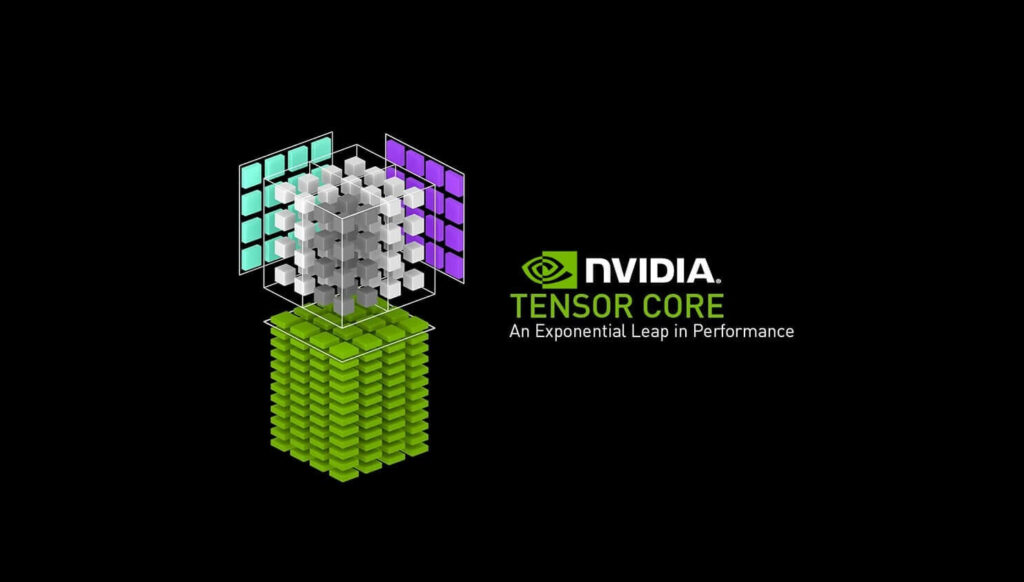
Ethical Considerations
As AI becomes increasingly integrated into gaming, ethical considerations come to the forefront. Concerns about user privacy, data security, and the potential manipulation of player behavior warrant careful examination. Striking the right balance between innovation and ethical responsibility is crucial to ensure that AI in gaming benefits players without compromising their rights or well-being.
Bottom Line
The integration of AI in gaming represents a groundbreaking paradigm shift. The journey from historical milestones to current applications and future possibilities showcases the transformative power of AI in enhancing the gaming experience. As we embrace these advancements, it is essential to foster a dialogue on ethical considerations, ensuring that AI in gaming evolves responsibly to create a future where innovation and player well-being go hand in hand.
Thank you! Please share your positive feedback. 🔋
How could we improve this post? Please Help us. 😔
[Reviews Specialist]
Usman Saleem brings 8+ years of comprehensive PC hardware expertise to the table. His journey in the tech world has involved in-depth tech analysis and insightful PC hardware reviews, perfecting over 6+ years of dedicated work. Usman’s commitment to staying authentic and relevant in the field is underscored by many professional certifications, including a recent one in Google IT Support Specialization.
8+ years of specialized PC hardware coverage
6+ years of in-depth PC hardware analysis and reviews
Lead PC hardware expert across multiple tech journalism platforms
Certified in Google IT Support Specialization
Get In Touch: usman@tech4gamers.com


